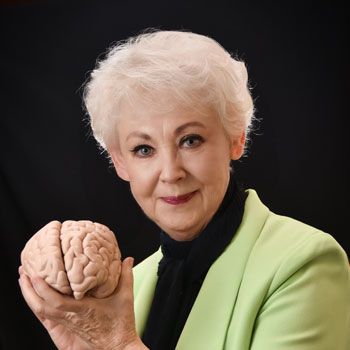Optimism’s Impact on Post-stroke
Q: I just heard that remaining optimistic and hopeful could have a positive impact on post-stroke cases. Can that possibly be real?
A: Yes, it can. Studies show that the personality trait of optimism is linked with recovery from a stroke. Researchers also found that optimistic stroke survivors showed lower levels of inflammation and physical disability after three months. No one want a stroke. However, research suggests you might want to hone the trait of optimism. Studies are linking optimism to a longer life. Living in optimism can increase the odds of reaching 85-year-old by as much as 70 percent. What does being optimistic look like? For one thing, it means you focus on and expect positive outcomes in the future. Perfection? No, of course not. Everything positive? Not even that. However, optimism is linked with better health, including better heart health.
How does optimism link with better health and better recovery if you suffer a stroke? Researchers found that people who are optimistic tended to have lower levels of inflammation in their body (as shown by levels or interleukin-6 and C-reactive protein). Chronic inflammation Chronic inflammation tends to harm the brain and impairs the body’s ability to recover. The more optimistic people were, the lower their levels of these inflammatory markers. How do you become more positive? Here are several suggestions:
- Choose to be grateful. First thing in the morning think of something for which you are grateful. Do that throughout the day, as well, and the last thing before falling asleep at night.
- Do whatever you can to create a positive environment around you. Listening to (or playing an instrument with) your favorite music has shown to have many benefits for both brain and body. It can be “healing.”
- Picture in your mind’s eye your “best possible self.” You may not be there—“look” at that picture often. Make it a goal. You’ll get farther that way.
- Imagine life in the future and “see” everything that can go well, going well, as if it is already happening. That will give your brain something to aim for. Studies have shown that “imagining” in the brain can be nearly as powerful as an actual occurrence.




